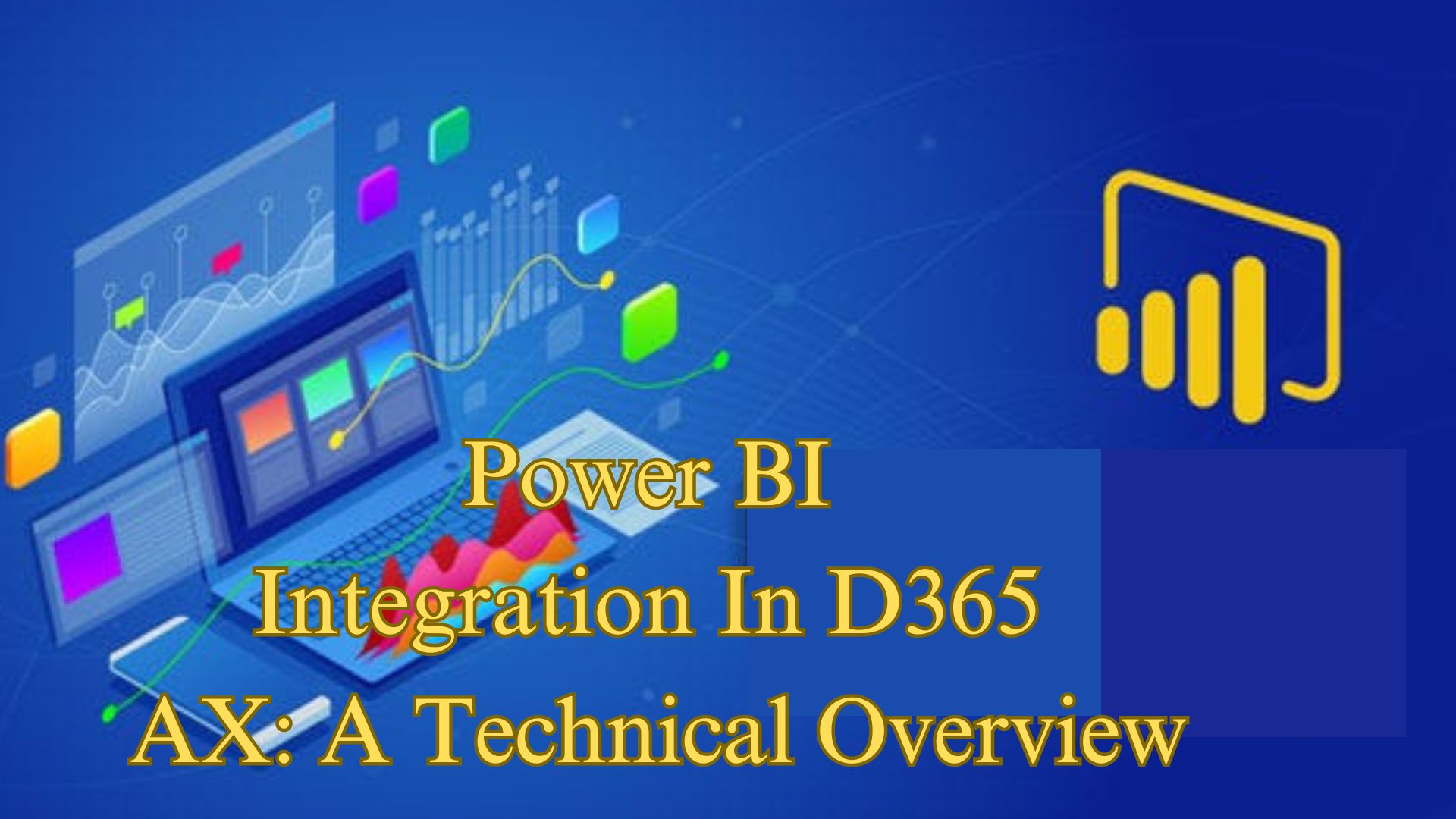Introduction to Microsoft Dynamics AX Delegates
MicroSoft Dynamics Ax Course delegates have transformed event-driven programming in enterprise applications. They enable developers to plug custom code without modifying existing logic. Developers use it to make the application modular, testable, and easy to scale.
Delegates act as predefined method declarations. They define what kind of methods can be called when specific events occur. This feature ensures clean separation between business logic and event listeners.
Since its early versions, Microsoft Dynamics AX has supported event-driven architecture. With the evolution to D365FO in recent years, the role of delegates has only expanded. Delegates now play a vital part in building modern, maintainable ERP solutions.
Working of Microsoft Dynamics AX Delegates
In Dynamics AX, a delegate is a placeholder for methods. It declares the parameters and structure but not the behavior. The behavior is added later using event handlers. These handlers are actual methods that perform specific tasks when a delegate is called.
Delegates are defined in a class and marked using the delegate keyword. Once declared, developers can create event handlers in other classes or models that respond to those delegates. These handlers subscribe to events using the Subscribes To attribute. Microsoft Ax training
This mechanism allows dynamic binding of actions at runtime. As a result, developers don’t need to hardcode logic inside the original class. Instead, they extend functionality externally, preserving the core logic untouched.
This approach is particularly valuable in cloud-first development. With more Dynamics AX environments hosted on Azure, agility in deployment and updates is critical. Delegates support this by making code easier to isolate and update.
Real-World Use Cases and Trends
One common use case is during session management. Delegates like on System Startup and onInter active Session Created are fired during key points of application lifecycle. Developers can use these to run setup code, enforce policies, or log analytics.
In recent versions of D365FO (from 2022 onward), Microsoft has emphasized extensibility using delegates. The platform provides several delegates out of the box, especially in extensible models. For example, Sales, Inventory, and Ledger modules now include more delegate definitions, offering points of customization.
Also, in 2024, Microsoft updated their guidance around the Extension Of keyword and delegate use. Now, ISVs are encouraged to rely more on delegates than method wrapping. This shift reflects a stronger commitment to clean, isolated customizations.
Another trending use is in model-level communication. AX’s model architecture prevents direct cross-model access. Delegates provide a bridge, allowing lower-level models to call upper-level services without dependency conflicts.
Microsoft Dynamics AX Delegates in Upgrades
During upgrades from AX 2012 to D365FO, delegates are critical. They help maintain custom business logic without interfering with Microsoft’s base code. This makes the upgrade smoother and reduces the chances of regression MicroSoft Dynamics Ax Course.
Developers often move logic tied to specific business rules into handlers. When upgrading, these handlers can be carried over as-is, assuming the delegate signatures remain unchanged. This backward compatibility eases transition to newer versions.
Also, using delegates during migration supports ALM (Application Lifecycle Management) best practices. With minimal manual changes to code, deployment pipelines are faster and more reliable.
Best Practices for Implementing Delegates
To get the most from Microsoft Dynamics AX delegates, follow these tips:
Keep delegate methods simple and clear. They should describe the event purpose but not include logic. Let handlers do the work.
Match handler signatures precisely with the delegate. Any mismatch can cause runtime errors or silent failures.
Avoid multiple handlers with side effects for the same delegate. This can lead to inconsistent behavior.
Use clear naming conventions for delegates and handlers. Include the purpose or module name to avoid confusion.
Test all delegate-handler connections thoroughly, especially when upgrading versions or applying hotfixes.
Organize handlers in separate extension classes. This promotes cleaner architecture and easier maintenance Microsoft Ax training.
When writing handlers, avoid putting long-running or blocking code inside. Use services or asynchronous calls to maintain responsiveness.
Conclusion
Microsoft Dynamics AX delegates offer a powerful solution for creating dynamic, scalable, and maintainable ERP applications. By separating event declarations from execution logic, they promote a modular design. This approach supports agile development, especially in fast-changing business environments.
With continued support and enhancements in D365FO, Microsoft Dynamics AX delegates remain a preferred method for customization. Whether upgrading legacy AX solutions or building new features in D365FO, developers should embrace delegates for clean, future-ready implementations.
As ERP continues to evolve, event-driven design powered by delegates will remain essential. It ensures flexibility, reduces maintenance, and aligns with modern software architecture trends.
Trending Courses: Dynamics 365 Supply Chain Management, Sailpoint Identityiq, Snowflake Online Training
Visualpath is the Leading and Best Institute for learning in Hyderabad. We provide MicroSoft Dynamics Ax Training in India. You will get the best course at an affordable cost.
For more Details Contact +91 7032290546
Visit: https://www.visualpath.in/online-microsoft-dynamics-ax-technical-training.html




